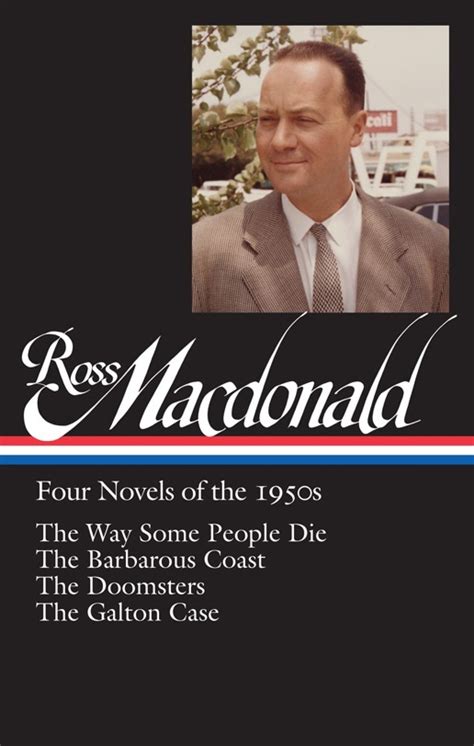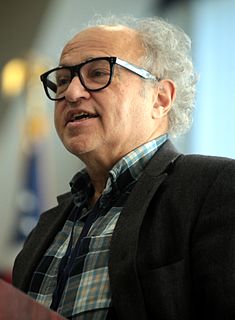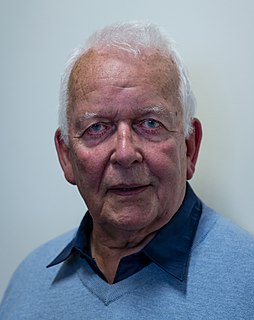A Quote by Dan Simmons
Wilkie Collins was a rival and competitor of Dickens. His novel Moonstone sold more copies at the time than Dickens' last two books. But that meant nothing in the long run. Right now, to be honest, Wilkie Collins is what he deserved to be back then: a footnote, an almost lost memory. And he knew he would become that.
Related Quotes
Although we might think of Holmes as the Ur-sleuth, the seminal inspiration for many writers comes not from the chronicles of Baker Street but from the intricately plotted novels of Charles Dickens and his colleague Wilkie Collins, who in works like 'Bleak House' and 'The Moonstone' established the modern, character-driven mystery novel.
Dickens's final book, 'The Mystery of Edwin Drood,' forms the jumping-off point for my new novel, 'The Last Dickens'. This last work by Dickens has very little social commentary and a pretty tightly efficient storyline and cast of characters. Not necessarily what we think of when we think what characterizes Dickens.
I adore Wilkie Collins,” Tessa cried. “Oh—Armadale! And The Woman in White … Are you laughing at me?” “Not at you,” said Will, grinning, “more because of you. I’ve never seen anyone get so excited over books before. You’d think they were diamonds.” “Well, they are, aren’t they? Isn’t there anything you love like that? And don’t say ‘spats’ or ‘lawn tennis’ or something silly.” “Good Lord,” he said with mock horror, “it’s like she knows me already.
[A writer] must try to think clearly, to feel deeply, to write honestly. If he is fortunate he will make a living, but his work will never be anymore essentially clear and deep and honest than he himself is, and he will be judged finally not for how many copies his books have sold, but for what they have done to enrich the lives of their readers, now and in time to come.

































